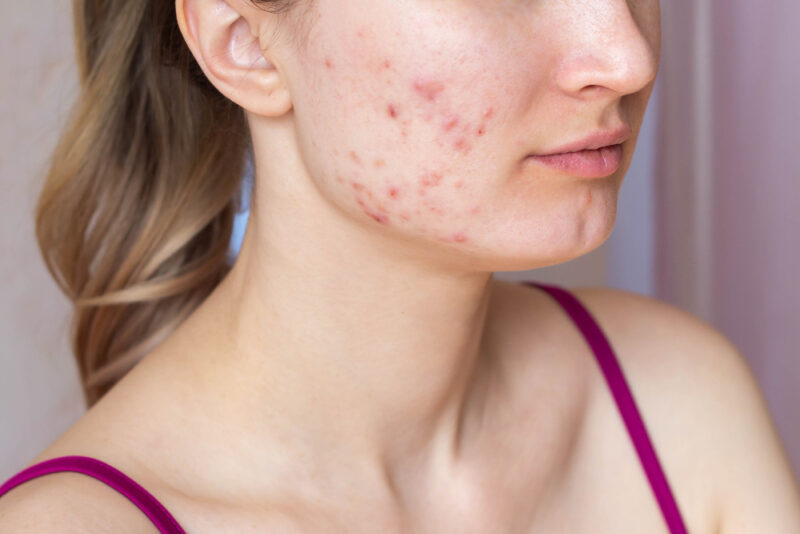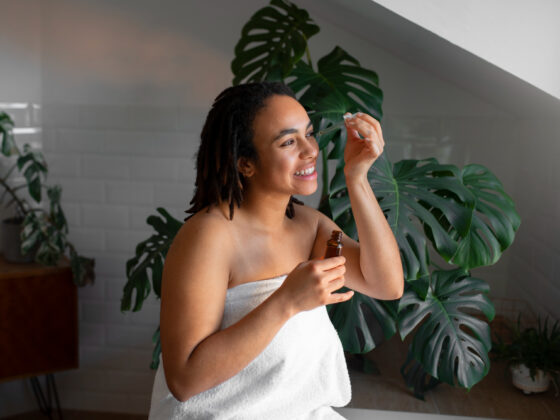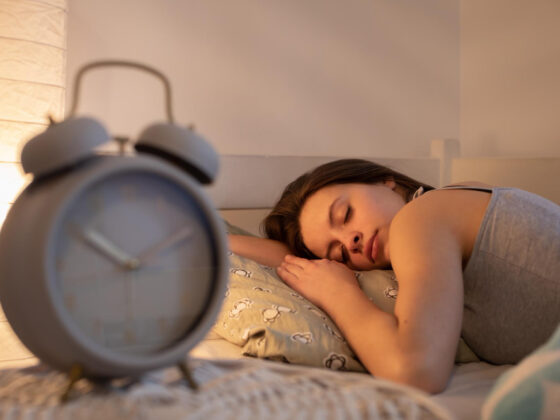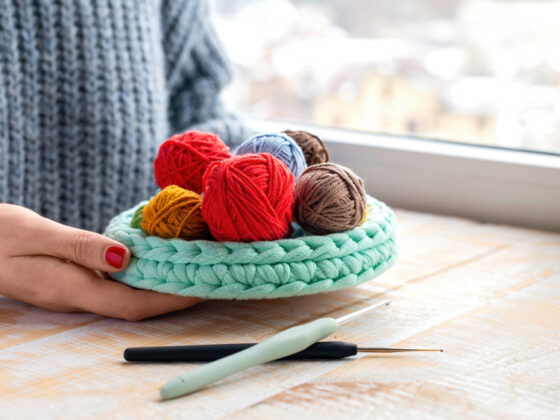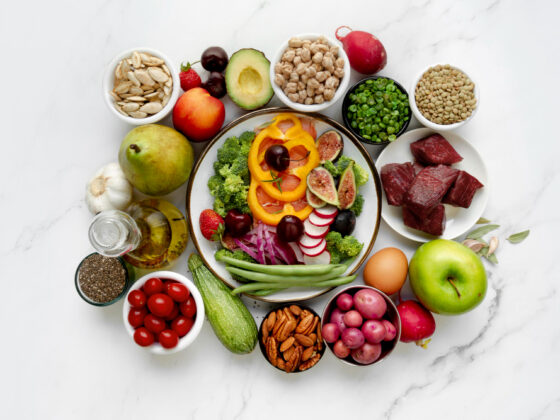Acne is more than just a skin condition—it’s a battle that can take a toll on your confidence, your mental health, and even your relationships.
I know this because I’ve lived it.
For over 22 years, I struggled with acne that refused to go away no matter what I tried.
There were countless nights when I’d stare at the mirror, feeling frustrated and defeated.
Like so many others, I found myself thinking about Accutane as the ultimate solution—the last resort when nothing else seemed to work.
But before I took that step, I wanted to make sure I had exhausted every other option.
I wanted to know that I had tried everything within my power to manage my acne in a way that was right for my body and my life.
That’s why I’m writing this post.
If you’re reading this, you’re probably in a similar place—desperate for answers and considering Accutane but hesitant to take that leap without exploring other possibilities first.
I understand that feeling.
It’s exhausting, and it can feel like nothing will ever work.
But I’m here to tell you that there are things worth trying before you decide to go on Accutane.
In this post, I’m sharing 14 things that I tried in my own journey with acne.
Some of them made a big difference, and others taught me valuable lessons about my skin, my health, and my patience.
My hope is that these suggestions can help you feel empowered to take control of your skin and give you a sense of hope—even if you’re feeling like you’ve run out of options.
So, let’s dive in together.
These tips aren’t about quick fixes or miracle cures.
They’re about giving yourself the best chance to heal your skin, understand your body, and, most importantly, show yourself the compassion you deserve on this journey.
This post contains affiliate links, meaning I may make a commission at no extra cost to you if you decide to click on a link and purchase something. Click here to read the full disclaimer.
1. Evaluate Your Diet
Your diet plays a significant role in your skin’s health.
Certain foods can trigger inflammation and worsen acne, so it’s important to pay attention to what you eat.
If you notice your acne flaring up after eating certain foods, get a food diary. Start writing down what you eat.
I discovered that soy, whey protein and alcohol make my acne worse! Instead of normal pustules, I’d get deep, painful cysts.
Everyone’s food triggers are different.
For most people, it’s dairy and sugar.
So, just for 2-3 weeks, consider eliminating dairy, sugar, and highly processed foods, as these are common culprits.
Instead, focus on eating a diet rich in whole, unprocessed foods, such as leafy greens, colorful vegetables, and foods high in omega-3 fatty acids like salmon, walnuts, and flaxseeds.
Also consume broccoli and other cruciferous vegetables.
I have a post on foods to eat if you want to eliminate your acne only with diet.
These nutrients help reduce inflammation and promote overall skin health.
2. Repair Your Gut Health
First of all, I highly suggest doing a gut microbe test to check if your gut bacteria are okay.
The reviews are amazing and it’s very fast and easy to do.
Your gut and skin are closely connected, often referred to as the gut-skin axis.
An unhealthy gut can lead to systemic inflammation, which can manifest as acne.
To support your gut health, incorporate probiotics into your routine through fermented foods like kimchi, sauerkraut, and yogurt (if you’re not sensitive to dairy).
Prebiotic-rich foods like asparagus, garlic, and green bananas can help feed the beneficial bacteria in your gut.
Additionally, consider taking a high-quality probiotic supplement and drinking bone broth, which can help heal and repair the gut lining.
3. Try a Hormonal Approach
Hormonal imbalances are a common cause of acne, especially for us women.
If your acne tends to flare up around your menstrual cycle or is concentrated along your jawline, it may be hormone-related.
Talk to your dermatologist about hormonal treatments and anti-androgen medications such as spironolactone.
Do not go on birth control because it does come with nasty side effects.
My acne became so much worse after going off birth control.
These can help regulate hormone levels and reduce breakouts.
Lifestyle changes, such as stress management and eating foods that support hormonal health (like broccoli, which helps the body process excess estrogen), can also make a big difference.
4. Prioritize Skincare
Having a solid skincare routine is crucial for managing acne.
Start with a gentle, sulfate-free cleanser that won’t strip your skin of its natural oils. I highly recommend Cetaphil Cleanser (I’ve been using this for ages).
Look for active ingredients like salicylic acid to unclog pores, benzoyl peroxide to kill acne-causing bacteria, and niacinamide to reduce redness and inflammation.
Retinoids, whether over-the-counter or prescription-strength, can help speed up cell turnover and prevent clogged pores. But you do need a prescription for this so see a dermatologist.
Always moisturize with a non-comedogenic moisturizer to maintain your skin barrier, and don’t forget to apply a broad-spectrum sunscreen every morning to protect your skin.
I’ve talked about my skincare in this post.
5. Use Non-Comedogenic Products
Make sure all your skincare and makeup products are labeled as non-comedogenic, meaning they won’t clog your pores.
I have a post on the best foundations for acne-prone skin. I myself use Estee Lauder Double Wear Foundation because I’ve not found anything better with this kind of coverage.
This is especially important for foundations, powders, and sunscreens.
Check the ingredient lists for common pore-clogging ingredients like mineral oil, lanolin, and certain types of silicones.
6. Avoid Overwashing
It’s tempting to scrub your face multiple times a day in an effort to keep it clean, but overwashing can actually backfire.
Cleansing too often strips your skin of its natural oils, prompting your sebaceous glands to produce even more oil.
Stick to washing your face twice a day—morning and night—using lukewarm water and a gentle cleanser.
7. Manage Stress
Stress is a major contributor to hormonal imbalances, which can worsen acne. Chronic stress increases cortisol levels, which can lead to more oil production and inflammation. Incorporate stress-relief practices into your daily life, whether it’s yoga, meditation, deep breathing exercises, or simply taking a walk in nature.
If you want a natural supplement to help manage your stress – take ashwagandha – it’s a shrub that naturally helps you control cortisol.
Journaling your thoughts and worries can also be a powerful tool for managing stress.
8. Stay Hydrated & drink Spearmint tea
Hydration is essential for healthy skin.
Drinking plenty of water helps your body flush out toxins and keeps your skin hydrated from within.
Aim for at least 2-3L a day considering your weight, and consider adding herbal teas like spearmint tea to your routine.
Spearmint tea has been shown to have anti-androgenic properties, which can help reduce hormonal acne.
9. Avoid Picking or Popping
As tempting as it may be to squeeze a pimple, this can lead to scarring and prolonged healing.
Picking at your skin can also introduce bacteria into the pores, causing further breakouts.
Keep your hands off your face, and if you need to address a pimple, use a clean tool or see a professional.
10. Incorporate Natural Remedies
Natural remedies like tea tree oil, aloe vera, and green tea extract can be effective for managing acne.
Tea tree oil has antibacterial properties that help combat acne-causing bacteria, while aloe vera soothes inflammation and redness.
Green tea, whether applied topically or consumed as a beverage, is rich in antioxidants that reduce inflammation.
11. Get Enough Sleep
Your body repairs itself while you sleep, and lack of rest can disrupt your hormonal balance and increase inflammation, both of which contribute to acne.
Every time my sleep was disturbed (like if I had 3-4 nights of 6 hours or less), I’d notice my acne get worse.
Prioritize getting 7-9 hours of quality sleep each night, and establish a bedtime routine to help you wind down.
12. Check for Underlying Health Issues
Persistent acne can sometimes be a sign of underlying health issues like Polycystic Ovary Syndrome (PCOS) or thyroid imbalances.
If you suspect that your acne may be linked to a medical condition, consult with your doctor for appropriate testing and treatment.
13. Exercise Regularly and Sweat it Out
Exercise isn’t just great for your overall health; it can also benefit your skin. When you exercise, you increase blood circulation, which delivers oxygen and nutrients to your skin.
Sweating during a workout helps to detoxify your skin by flushing out toxins and clearing your pores.
Just make sure to cleanse your skin afterward to remove sweat and bacteria.
Activities like yoga, running, or even brisk walking can make a big difference in your skin’s appearance over time.
14. Patience and Consistency
The truth is, that acne treatments take time.
Whatever approach you choose, give it at least 6-8 weeks before evaluating results.
Avoid switching routines too frequently, as this can irritate your skin and make it harder to pinpoint what works.
Be consistent and patient with your efforts.
Making the decision to go on Accutane is a deeply personal one.
It’s not an easy path, but for many, it’s a life-changing solution.
My hope is that this list offers you some tools to explore before taking that step. Remember, you’re not alone in this journey, and every small step you take toward caring for your skin is a step toward healing.
You deserve to feel confident and comfortable in your own skin.
